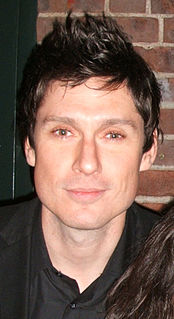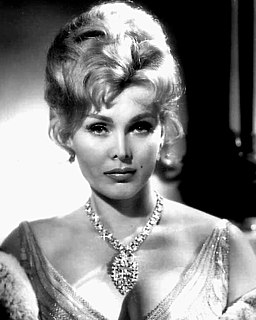A Quote by Jorge Luis Borges
The dictionary is based on the hypothesis -- obviously an unproven one -- that languages are made up of equivalent synonyms.
Quote Topics
Related Quotes
However the machine would permit us to test the hypothesis for any special value of n. We could carry out such tests for a sequence of consecutive values n=2,3,.. up to, say, n=100. If the result of at least one test were negative, the hypothesis would prove to be false; otherwise our confidence in the hypothesis would increase, and we should feel encouraged to attempt establishing the hypothesis, instead of trying to construct a counterexample.
[Coining phrase "null hypothesis"] In relation to any experiment we may speak of this hypothesis as the "null hypothesis," and it should be noted that the null hypothesis is never proved or established, but is possibly disproved, in the course of experimentation. Every experiment may be said to exist only in order to give the facts a chance of disproving the null hypothesis.
The first objection to Darwinism is that it is only a guess and was never anything more. It is called a "hypothesis," but the word "hypothesis," though euphonious, dignified and high-sounding, is merely a scientific synonym for the old-fashioned word "guess." If Darwin had advanced his views as a guess they would not have survived for a year, but they have floated for half a century, buoyed up by the inflated word "hypothesis." When it is understood that "hypothesis" means "guess," people will inspect it more carefully before accepting it.
I have become interested in languages which I cannot make up, which I cannot create or even create in: I have become interested in languages which I can only come up upon (as I disappear), a pirate upon buried treasure. The dreamer, the dreaming, the dream. I call these languages, languages of the body.






































